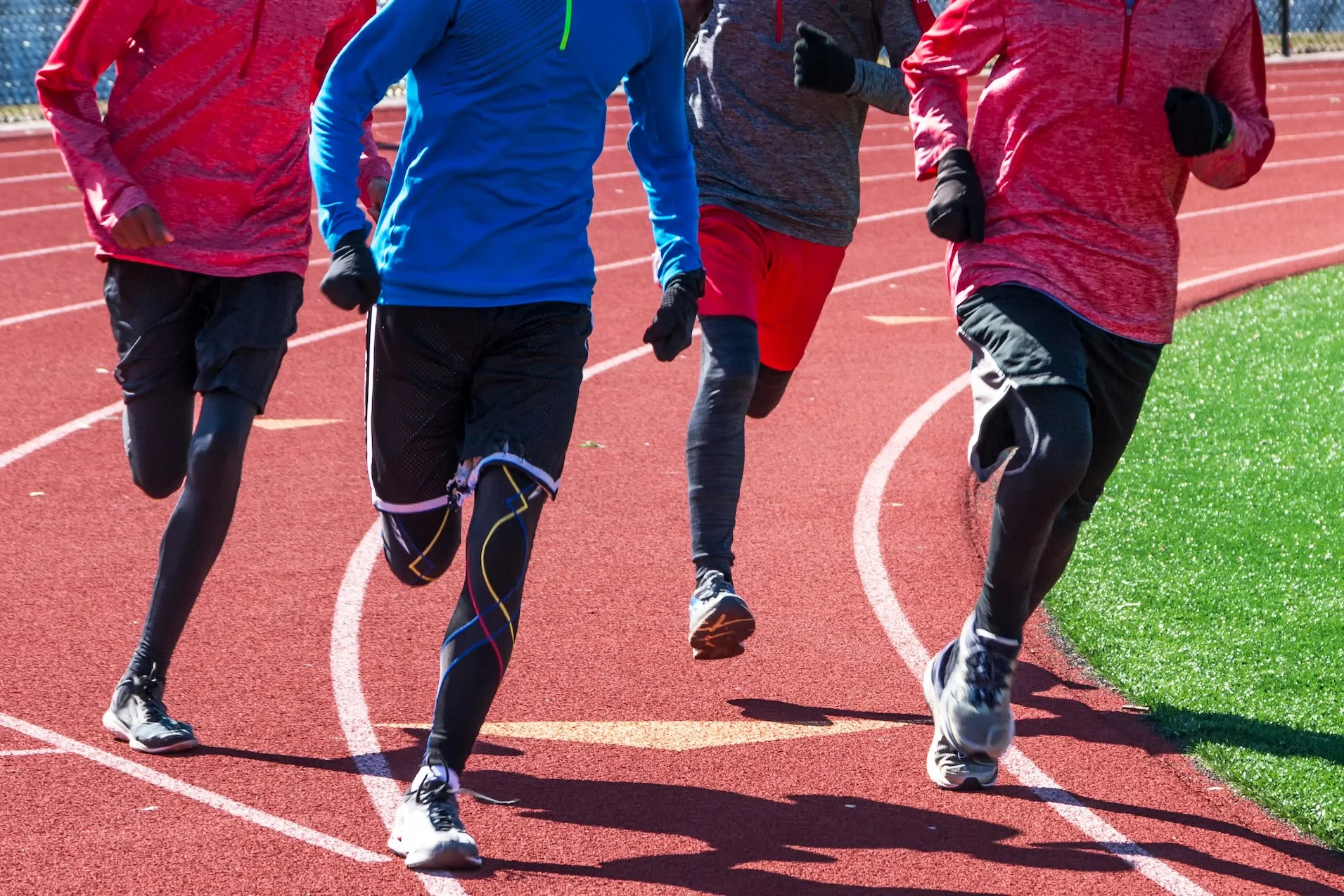Learn to Match Your Stride
One evening, while wasting time scrolling through social media, I was drawn into a rabbit hole by an article that caught my eye. I clicked to read further, and before I knew it I was searching for more information explaining a sports phenomenon I had never been aware of before but that deeply intrigued me. The Olympic Games have always offered up stories that have inspired or moved me, but this particular evening I read a story that seemed to exemplify Scripture, specifically Ephesians 4:1-4.
Ephesians 4 begins a list of instructions to the Ephesian church, informing them of how to live and act following an explanation of who they are in Christ in chapters 1-3. In the beginning verses of this chapter, it is apparent that Christianity is not something to be done in isolation. They, and also we, are called to live into the reality of belonging in the body of Christ, united by the Spirit of God. We must walk together, pursuing and maintaining oneness with Christ as our head.
The story I saw that I felt exemplifies that so beautifully was a video highlighting a team of runners from the Paralympic Games. David Brown is known as the fastest completely blind runner in the world. Along with his sighted guide, Jerome Avery, they won gold at the Paralympic Games in Rio de Janeiro in 2016. In the video, David mentioned that when he runs with Jeremy as his guide, he doesn’t have to worry about getting out of line or going too far because he just has to focus on listening to the instruction of the one who can see. The commentators are explaining the process of how the runners' steps must be in exact sync. Then the camera pans to the side to show how the two are seemingly running as one. Each movement is mirrored so precisely it is almost impossible from this viewpoint to see that there is more than one runner.
Intrigued to learn about this process, I searched further and came across an article highlighting a blind female runner, Libby Clegg, paired with Chris Clarke, a sighted runner who had failed to qualify individually for his national team for the same games in Rio. Rather than abandoning his dream to compete in the Olympics, Clarke decided to guide Clegg.
The blind runner is blindfolded for the race, and then the sighted runner is connected with a tether or band at the hand or wrist. Clarke described the adjustments that he had to make to match his stride exactly to his partner, to the point of changing the method by which he comes out of the blocks, and having to twist his arm in the turn to allow his partner to run swiftly. For them to win this race, they have to work together in unity, with Clarke acting as an exact mirror of Clegg.
This is exactly how we, as Christians, can work to pursue unity as described in Eph. 4:3: “Make every effort to keep the unity of the Spirit through the bond of peace” (NIV). We are not asked to create unity, but to keep or maintain the unity that is already in existence. In this manner, it is much like the runner who has to change the way they come out of the blocks, to adjust their stride, or to twist their body in the turn to stay in sync with the head runner.
Although Clarke had to labor hard to become comfortable matching his stride to Clegg’s, they were rewarded with two gold medals. We too may have to go through our own process of learning how to match ourselves, mirroring Jesus, and stepping in unison. When we do the things expected in Eph. 4:2—practicing humility, gentleness, patience, and bearing with one another in love—we will be well on our way toward keeping the unity of the Spirit.







